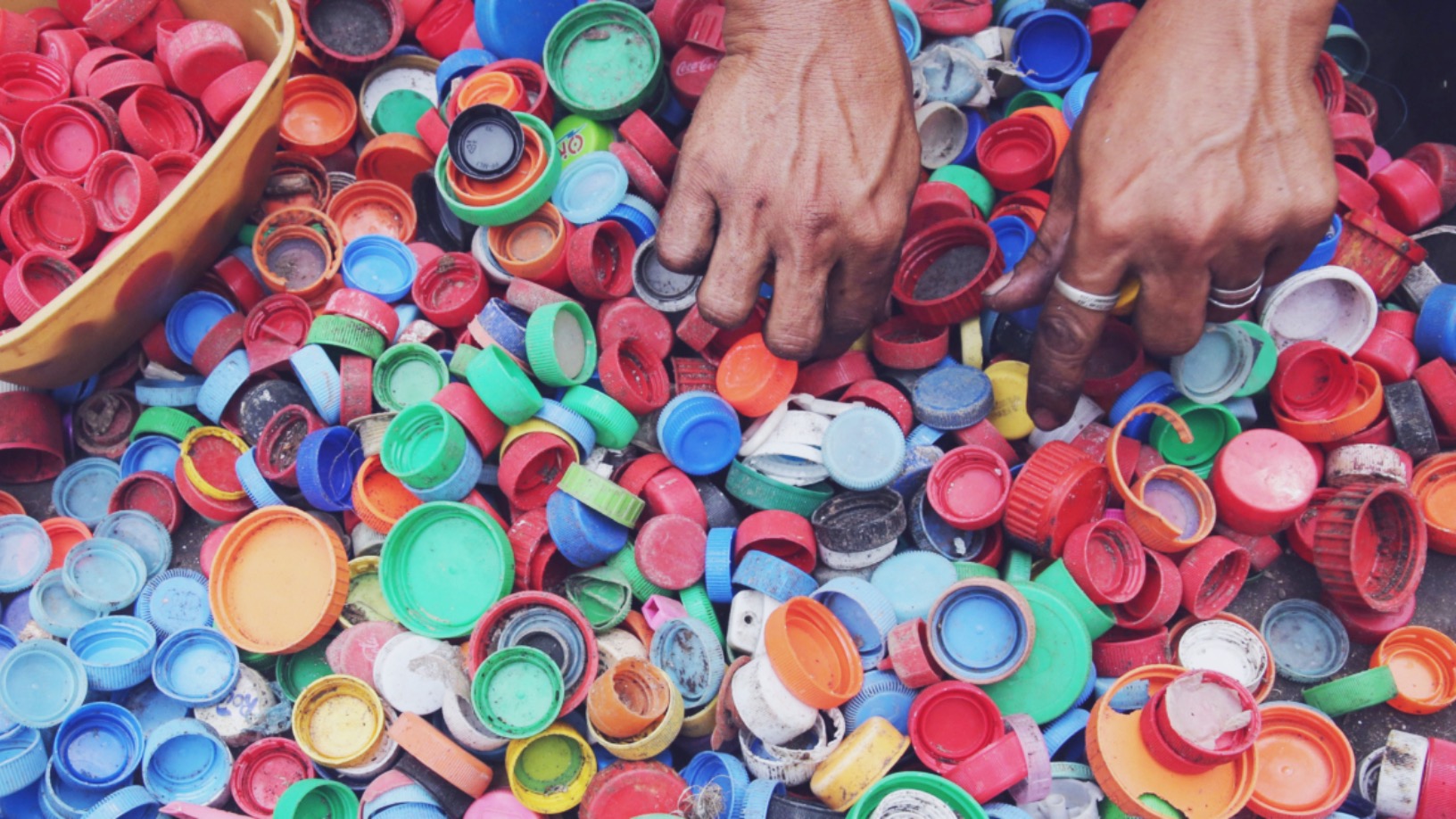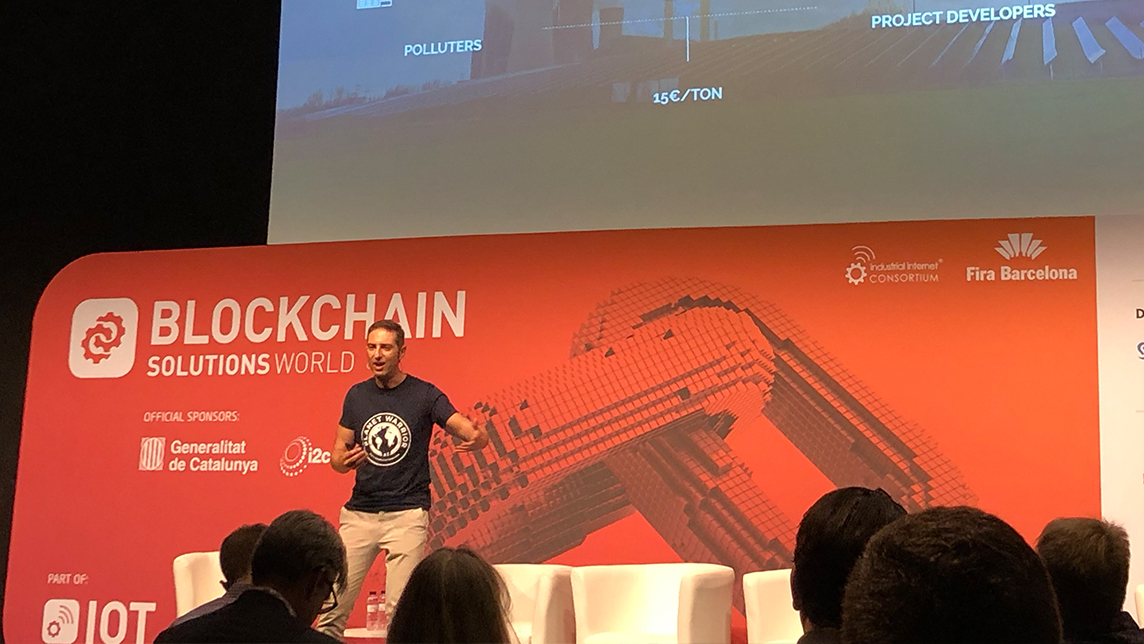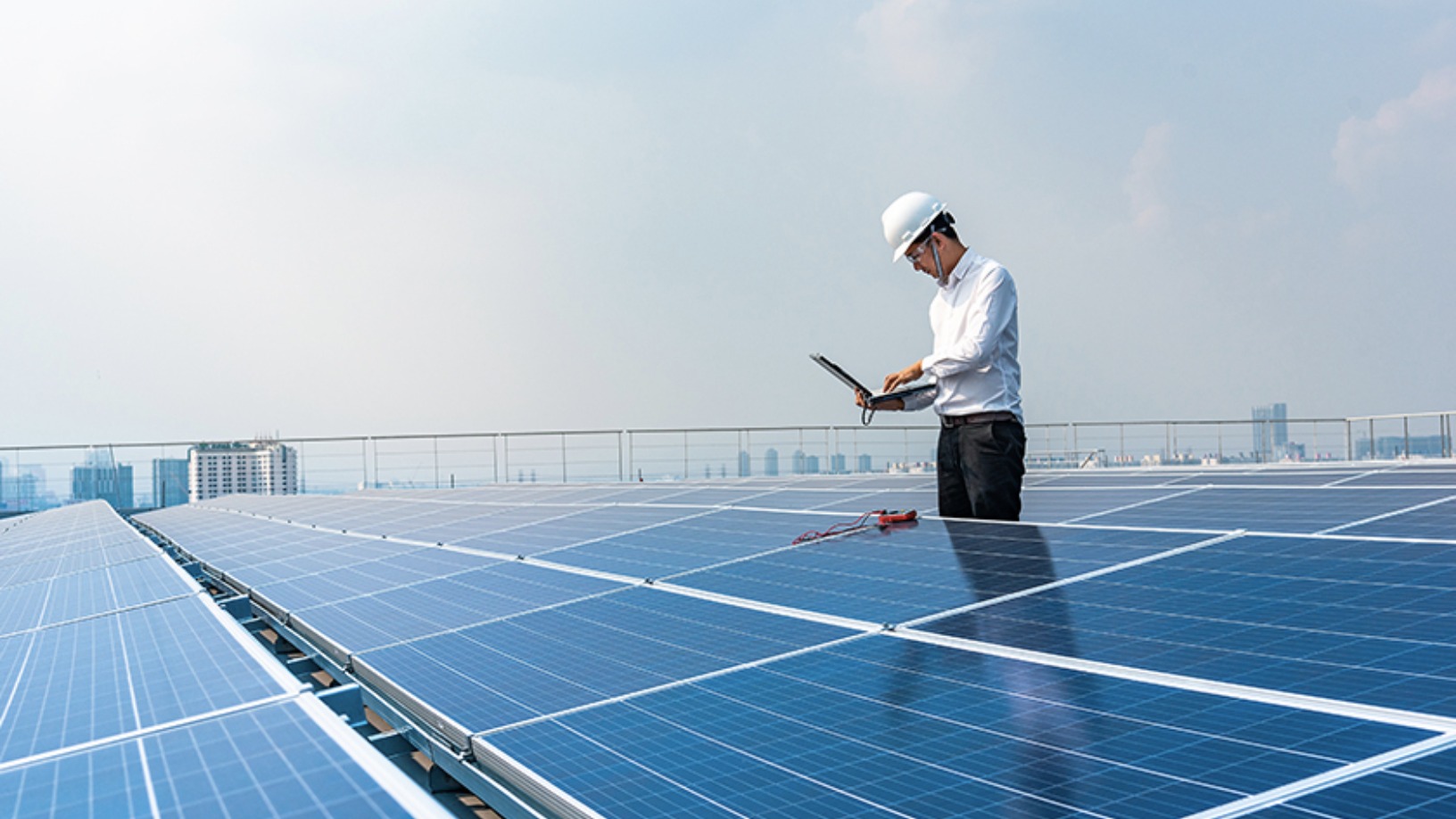Focused on the plastics, mining and electric vehicle (EV) industries, Netherlands- and Singapore-based startup Kryha is using blockchain to help multinationals like BASF and Shell track and ensure their sustainable practices and results, across recycling, resource tracing, sustainable sourcing and disclosure.
Co-founded in 2017 by Tobias Disse, Haischel Dabian and Thom Bergman, Kryha is a “blockchain studio” that helps companies implement blockchain technology for new use cases, particularly to track how resources are being used, retrieved, and recycled throughout an entire ecosystem, even those involving multiple stakeholders.
Kryha focuses on use cases instead of specific types of blockchain, Christian Sitepu, the company’s Ecosystem Development Lead, said. “Based on each use case and requirements, we find the right platforms and protocols that are suitable to tackle that problem,” he said in a recent interview.
For example, ReciChain, an impact investment platform Kryha developed allows brand owners and suppliers to invest in and monitor the results of their waste sorting and recycling investments. Currently deployed in Brazil, ReciChain is used by plastics manufacturer BASF and brand owners like Henkel, Braskem and Natura to invest in waste recycling infrastructure.
The startup has been profitable from the start, freeing it from the pressure of raising external funding. Instead it has opted for organic growth, and is looking to expand its business in the Asia-Pacific region.
Tracking recycling, impact
The co-founders were teaching blockchain principles to university students in the US and the Netherlands before they started Kryha. “They began experimenting with blockchain technology and its uses outside the finance industry, and that was when they discovered blockchain’s untapped potential,” said Alexander Enthoven, Kryha’s Head of Business Development, who was also present at the interview.
In Brazil, ReciChain enables companies like BASF to comply with the local regulation of recycling at least 22% of the plastic they put into the ecosystem, as part of their extended producer responsibility (EPR). To prove that they invest in recycling infrastructure, these companies would purchase recycling certificates from waste processing and recycling organizations. However, as there was no proper way to track the plastics being sorted and recycled, there was no guarantee that these investments would improve recycling.

“With ReciChain, these facilities can upload proof of their waste sorting and recycling activities into the platform, allowing the brands to demonstrate they are complying with the EPR scheme,” Enthoven said. The blockchain system records investments made into the recycling infrastructure and the returns based on the amount of plastic being sorted and recycled in the facilities. In this way, all stakeholders can verify that each investment has been put to good use.
Blockchain also helps stakeholders disclose information about their sustainability initiatives without exposing sensitive information. Using smart contracts, which are automatically executed when certain requirements are met, stakeholders in the system can prove they have fulfilled their sustainability obligations without exposing proprietary technologies or information that competitors can use.
“These zero-knowledge proofs allow us to demonstrate that you did something without actually showing the data,” Enthoven said. He added that audits of the smart contracts and the blockchain system ensure that each stakeholder can trust the system works correctly.
From Singapore to DRC
Kryha is currently developing Re|Source, a platform for tracing activities and resource flow in the cobalt industry, and Orobo, which tracks circular economy activities such as recycling and resource recovery. The latter is being tested in Singapore, where Kryha collaborates with consulting companies Chemistry Team and So Now to develop the platform. The joint project won the Blockchain Innovation grant from Singapore’s Infocomm Media Development Agency (IMDA) in early 2020.
Launched in 2019, Re|Source is being tested by clients like Glencore, Eurasian Resources Group and Umicore in cobalt production sites throughout the supply chain, from the Democratic Republic of Congo (DRC) all the way to downstream EV production sites across the globe. The system, which connects cobalt mining firms, battery component makers and EV manufacturers, aims to ensure that all cobalt used in the EV and battery industries are sustainably sourced.
Kryha also provides consulting and systems development services. Enthoven said Kryha’s systems and expertise often carry over between projects, so Kryha is developing modular components that can be used in different solutions. This gives the client a faster time to market and, for Kryha, ease of development. “If you compare it to making a car, the outside appearance may be different for each brand, but the engine and transmission box can be standardized and made modular,” he said.
The company also uses open source technologies to build platforms and applications. “We don’t really believe in proprietary blockchain protocols because that would mean going back to square one, to a centralized system when you are in fact trying to decentralize,” Enthoven said.
Sitepu further explained how using open source technology enables ecosystem growth and interconnectivity promised by blockchain networks. “Blockchain systems don’t have to be focused on just one thing; they can work with many different elements [such as databases and IoT devices] and facilitate information exchange between them.” Blockchain systems, he said, can always be improved, so each project can have a long trajectory.
Beyond boundaries
Enthoven said Kryha has been earning enough consultancy fees to continue growing. He added, however, that the startup remains open to receiving external funding, even if it has no plans to raise funds in the near term. “If there comes a point where we have to scale our products rapidly, then [raising capital] is an option.”
For now Kryha is focused on expanding its business in the Asia Pacific, with Singapore as its base. Through sustainability projects like ReciChain and Orobo, the startup wants to work with the plastics industry, especially in recycling and circular economy applications.
Enthoven added that Kryha’s experience working remotely from its offices in Amsterdam and Singapore proves it is not tied to geographical limits when expanding its business. Re|Source, for example, is being applied in countries beyond the initial launch point in the DRC.
“The problems we tackle are often not bound to any country. Sometimes a project starts within one single company, but their supply chains are global, so our system has to be deployed globally.”










